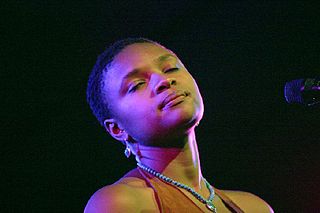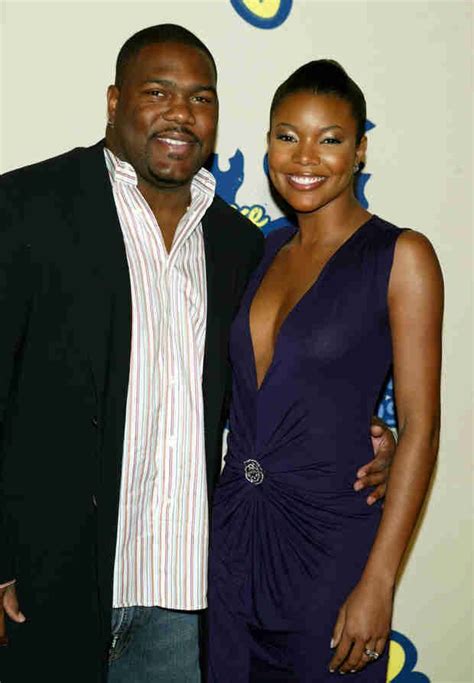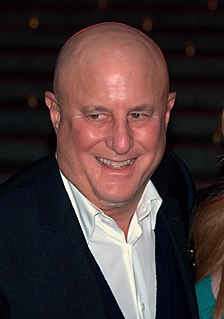A Quote by Dave Barry
Some archeologists believe that Stonehenge - the mysterious arrangement of enormous elongated stones in England - is actually a crude effort by the Druids to build a computing device.
Quote Topics
Related Quotes
We measure poverty by what I believe is a very, very crude concept. We actually measure poverty by trying to get some kind of an estimate of the minimum expenditures on food that are required to maintain health, multiplying that number by three, and saying that's the level of poverty. And it's a very crude, inaccurate arrangement.
Stonehenge had an aura but it was also just stone. Then in the sixties, it became a great hedonistic, hippie, druid, rock-n-roll party site. There are amazing pictures of people up on the stones going wild and that's the image I recreated for my model of the project: full access to everyone. I even invented a Stonehenge soccer team that uses spaces between the stones as goals.
Orion brightened. "I have an idea." "Yes?" said Foaly, daring to hope that a spark of Artemis remained. "Why don't we look for some magic stones that can grant wishes? Or, if that doesn't work, you could search my naked body for some mysterious birthmark that means I am actually the prince of somewhere or other.
The accumulated knowledge of materials, computing, electromagnetism, product design, and all the rest that we've learned over the last several centuries converts a few ounces of raw materials worth mere pennies into a device with more computing power than the entire planet possessed fifty years ago.
Cloud computing means you are doing your computing on somebody else's computer. Looking ahead a little, I firmly believe cloud - previously called grid computing - will become very widespread. It's much cheaper than buying your own computing infrastructure, or maybe you don't have the power to do what you want on your own computer.
I have a peculiar theory about radium, and I believe it is the correct one. I believe that there is some mysterious ray pervading the universe that is fluorescing to it. In other words, that all its energy is not self-constructed but that there is a mysterious something in the atmosphere that scientists have not found that is drawing out those infinitesimal atoms and distributing them forcefully and indestructibly.
Computers and computing are all around us. Some computing is highly visible, like your laptop. But this is only part of a computing iceberg. A lot more lies hidden below the surface. We don't see and usually don't think about the computers inside appliances, cars, airplanes, cameras, smartphones, GPS navigators and games.
Cloud computing is actually a spectrum of things complementing one another and building on a foundation of sharing. Inherent dualities in the cloud computing phenomenon are spawning divergent strategies for cloud computing success. The public cloud, hybrid clouds, and private clouds now dot the landscape of IT based solutions. Because of that, the basic issues have moved from 'what is cloud' to 'how will cloud projects evolve'.
If you look back over the history of computing, it started as mainframes or terminals. As PCs or work stations became prevalent, computing moved to the edge, and we had applications that took advantage of edge computing and the CPU and processing power at the edge. Cloud computing brought things back to the center.

































